Alien: Romulus
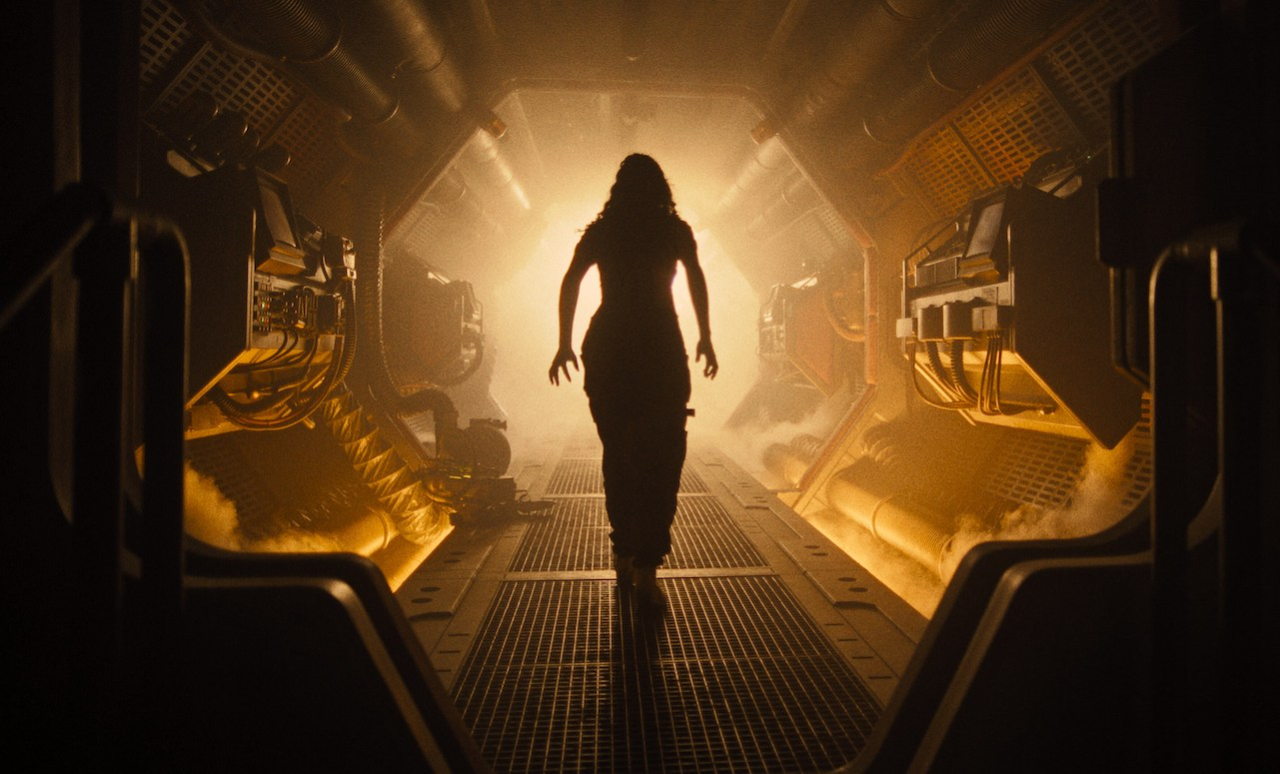
Set in a distant future, the seventh film of the Alien franchise explores the grim realities of space colonisation, as the familiar dread of xenomorphs and corporate malfeasance returns. Directed by Fede Álvarez, Alien: Romulus stays true to the franchise’s core elements, while cleverly adding layers of psychological horror, focusing on the characters’ fear of the unknown and the isolation of deep space.
The sequel unfolds on Weyland-Yutani’s mining colony Jackson’s Star, where indentured colonist, Rain Carradine (Cailee Spaeny) seeks to leave for a planet with sunlight with her synthetic brother Andy (David Jonsson). When the increased quotas extend her servitude, they brave brutal conditions and a looming alien threat with a young, similarly desperate group of survivors including her ex-boyfriend Tyler (Archie Renaux), his sister Kay who is hiding a pregnancy (Isabela Merced) and more, to begin a new life on a distant planet.
With duly haunting cinematography that captures the vast, desolate landscapes and claustrophobic, soulless interiors that define the Alien aesthetic, the practical effects and creature design maintain fidelity to the original franchise. The creatures are not the only element of the visceral and terrifying experience; a dismantled, corpse-like synthetic wearing the face of Alien actor Ian Holm also contributes significantly to the dystopian atmosphere. Similarly, the narrative explores corporate greed, deadly environmental conditions and the humanity of humanoid synthetics, all intensified by the possibilities brought forth by space colonisation.
However, it undermines the subversive exploration of male fears surrounding sexuality and reproduction, which is central to the original franchise’s palpable, invasive brand of horror. One of the most powerful aspects of Alien is its reversal of traditional horror tropes, where instead of exploiting female sexuality, the story focuses on male vulnerability. This reversal is encapsulated in the iconic scene where alien fetuses burst from Kane’s (John Hurt) chest in a violent, invasive “birth” after the face-hugger deposits its eggs in his mouth. Perhaps the most famous image from the films, the scene symbolises the fear of penetration, violation and the unknown – a “payback,” as Dan O’Bannon, screenwriter of the first and fifth instalments of the franchise – claims, for the sexual violence inflicted on female characters in the horror genre. Thus, while Romolus’ bleak and immersive vision is foreseeably impressive, it overlooks the pivotal element that once made it a groundbreaking exploration of fear.
Christina Yang
Alien: Romulus is released nationwide on 16th August 2024.
Watch the trailer for Alien: Romulus here:

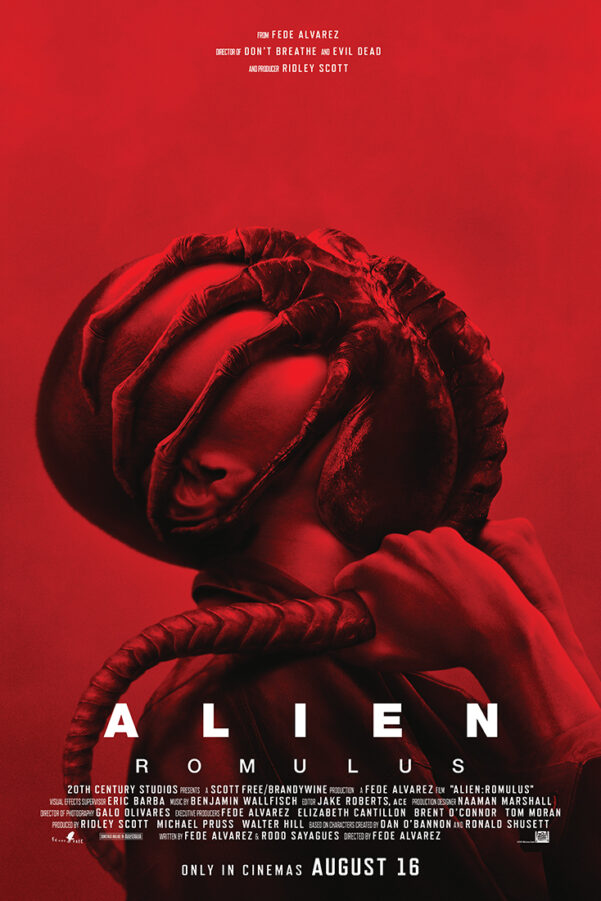



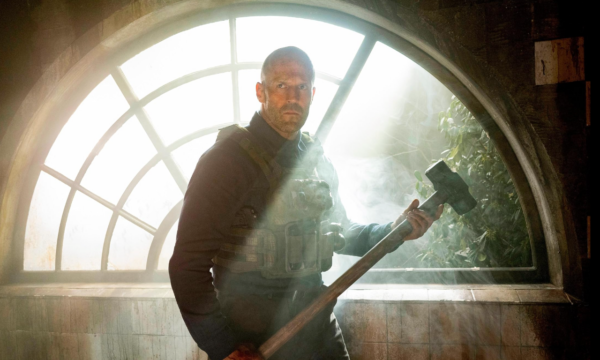
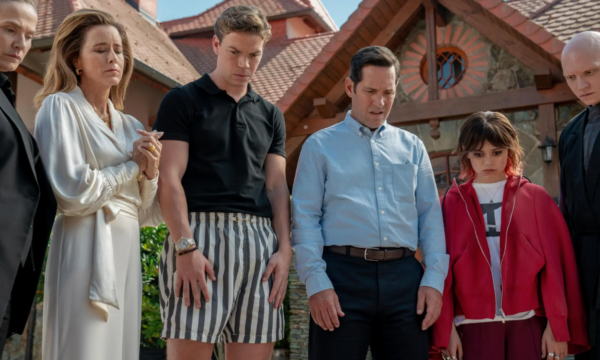


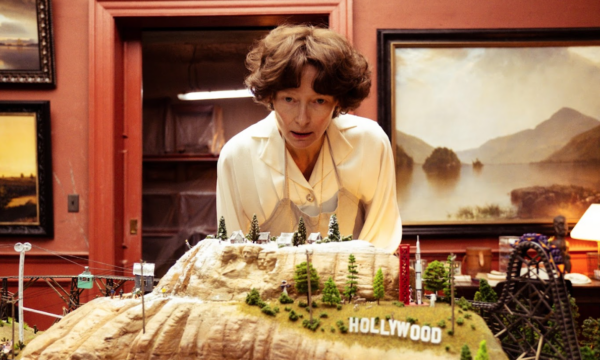











Facebook
Twitter
Instagram
YouTube
RSS